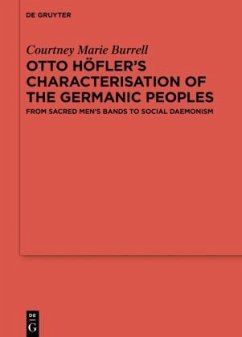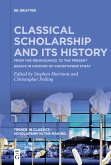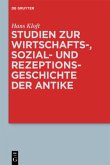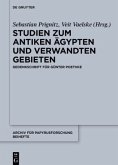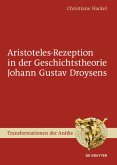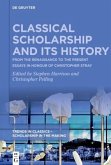Otto Höfler (1901-1987) was an Austrian Germanist and Scandinavist. His research on 'Germanic culture', in particular on Germanic Männerbünde (men's bands), was controversial and remains a topic of academic debate. In modern discourse, Höfler's theories are often fundamentally rejected on account of his involvement in the National Socialist movement and his contribution to the research initiatives of the SS Ahnenerbe, or they are adopted by scholars who ignore his problematic methodologies and the ideological and political elements of his work.
The present study takes a comprehensive approach to Höfler's research on 'Germanic culture' and analyses his characterisation of the 'Germanic peoples', contextualising his research in the backdrop of German philological studies of the early twentieth century and highlighting elements of his theories that are still the topic of modern academic discourse. A thorough analysis of his main research theses, focusing on his Männerbund-research, reveals that his concept of 'Germanic culture' is underscored by a belief in the deep-seated religiosity of the 'Germanic peoples' formed through sacred-daemonic forces.
Hinweis: Dieser Artikel kann nur an eine deutsche Lieferadresse ausgeliefert werden.
The present study takes a comprehensive approach to Höfler's research on 'Germanic culture' and analyses his characterisation of the 'Germanic peoples', contextualising his research in the backdrop of German philological studies of the early twentieth century and highlighting elements of his theories that are still the topic of modern academic discourse. A thorough analysis of his main research theses, focusing on his Männerbund-research, reveals that his concept of 'Germanic culture' is underscored by a belief in the deep-seated religiosity of the 'Germanic peoples' formed through sacred-daemonic forces.
Hinweis: Dieser Artikel kann nur an eine deutsche Lieferadresse ausgeliefert werden.

